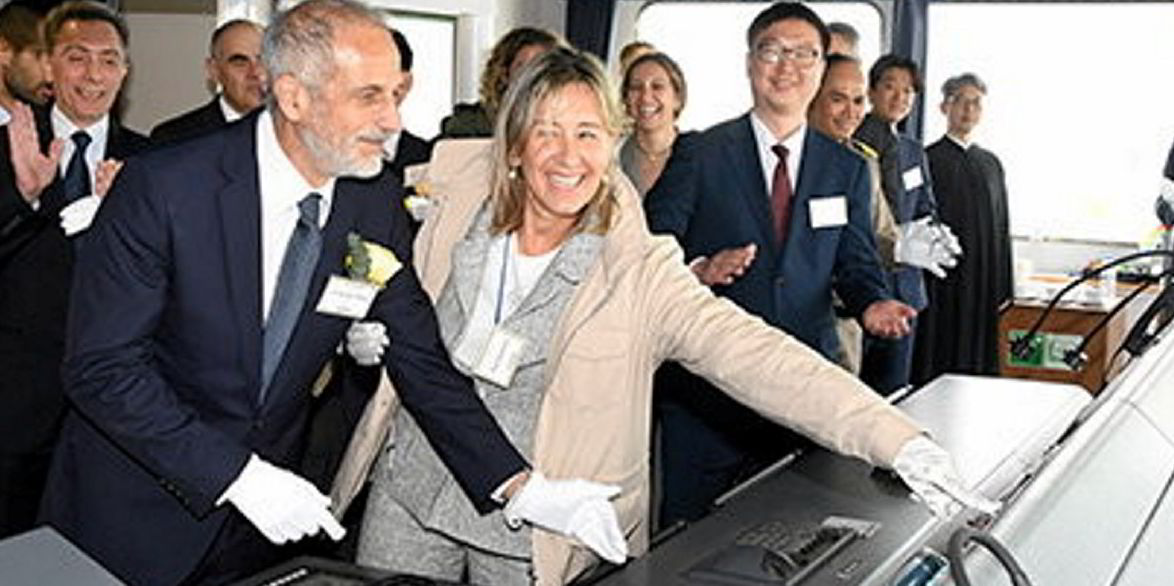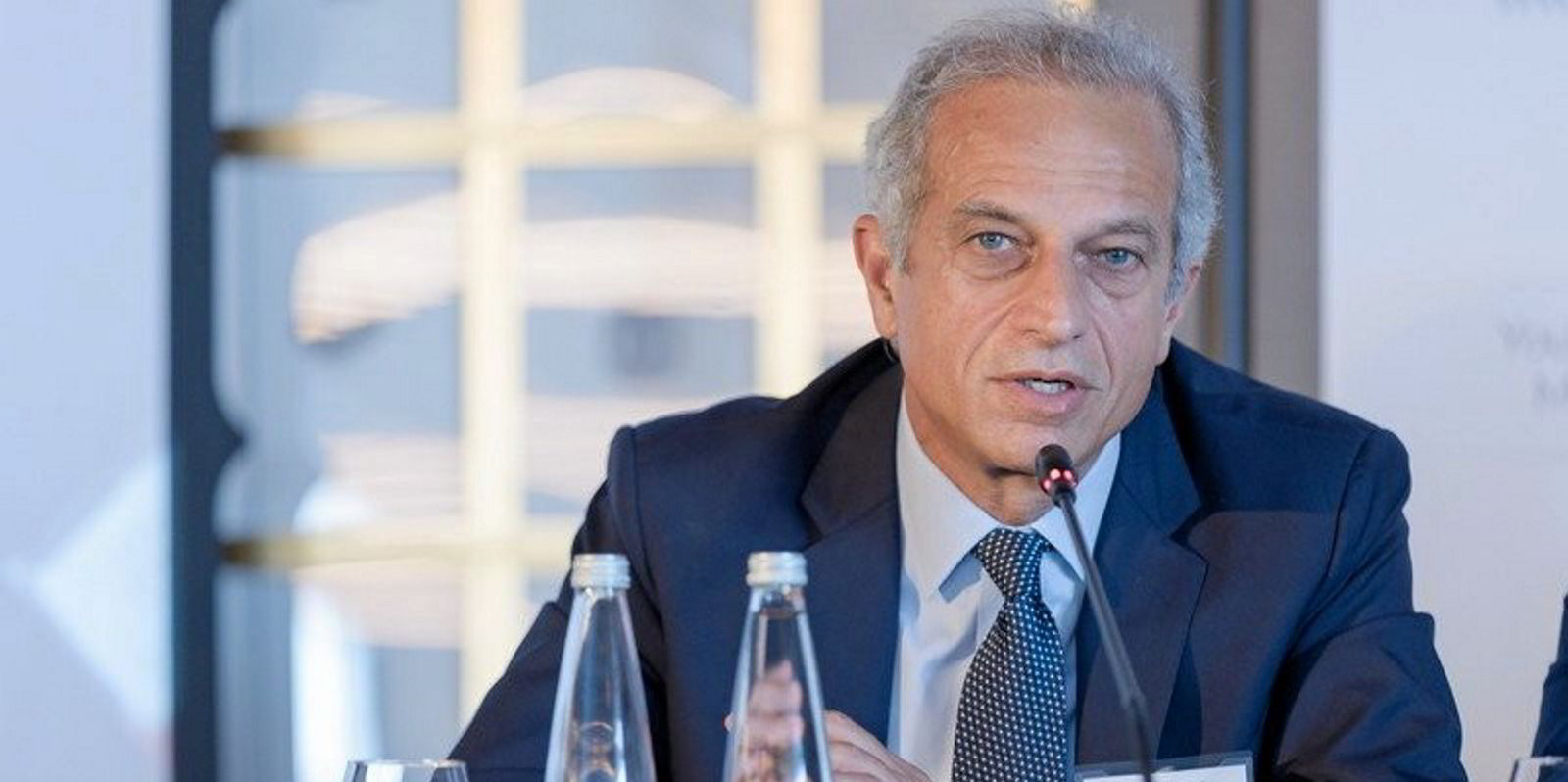Euroseas, a US-listed owner of 26 container ships in the water or under construction, broadly maintained profitability in the first quarter, despite falling charter rates compared with the same period of 2022.
Management attributed this to the time charter contracts most of its active fleet of 18 feeder and intermediate boxships is in.
Net income came in at $28.75m between January and March, down 4% year on year.
It was the Athens-based company’s 13th consecutive profitable quarter. This allowed it to maintain its dividend at $0.50 per share — its fifth consecutive such payment since resuming dividends in May 2022 after a hiatus of almost nine years.
Euroseas’ single biggest group of shareholders are members of the Pittas family, who combined held as much as 57% of common stock as of 31 March.
“The larger comfort for Euroseas … lies with our charter coverage, which runs well into 2025 and amounts to about $400m of contracted revenues,” said chairman and chief executive Aristides Pittas.
Following new chartering agreements signed in April, the Euroseas fleet is contracted for more than 90% of days for the rest of 2023 and for more than 65% for next year.
The priority now is to execute on those charters and to take delivery of the feeder newbuildings it has under construction.
“We remain focused on efficiently operating our fleet, reducing our carbon footprint and taking delivery of our remaining eight newbuilding vessels,” Pittas said in an earnings release.
Euroseas, which has always presented itself as a possible “consolidation vehicle”, reiterated that it is “evaluating investment opportunities”.
In the words of Pittas on Tuesday, however, any such investment will be done “with minimal residual value risk [and] accretive to … earnings”.
Meanwhile, Pittas sees the entire market moving in Euroseas’ favour.
“During the first quarter and through mid-May of 2023, containership charter rates staged a comeback of 15% to 20% compared to the low levels reached, for most segments, during February of 2023,” he said.
As TradeWinds already reported, this allowed the company to recharter two vessels last month at rates above their previous ones, which had expired.
This reflects the “resilience of the market and the apparent belief of charterers that feeder vessels will be in short supply,” Pittas said — especially as the orderbook for smaller boxships, of the kind the company is operating, is much lower than for bigger ships.
“While the overall orderbook of the [overall container ship] fleet looms at around 30%, the orderbook for vessels with capacity less than 6,000 teu … is around 11%,” he said.





